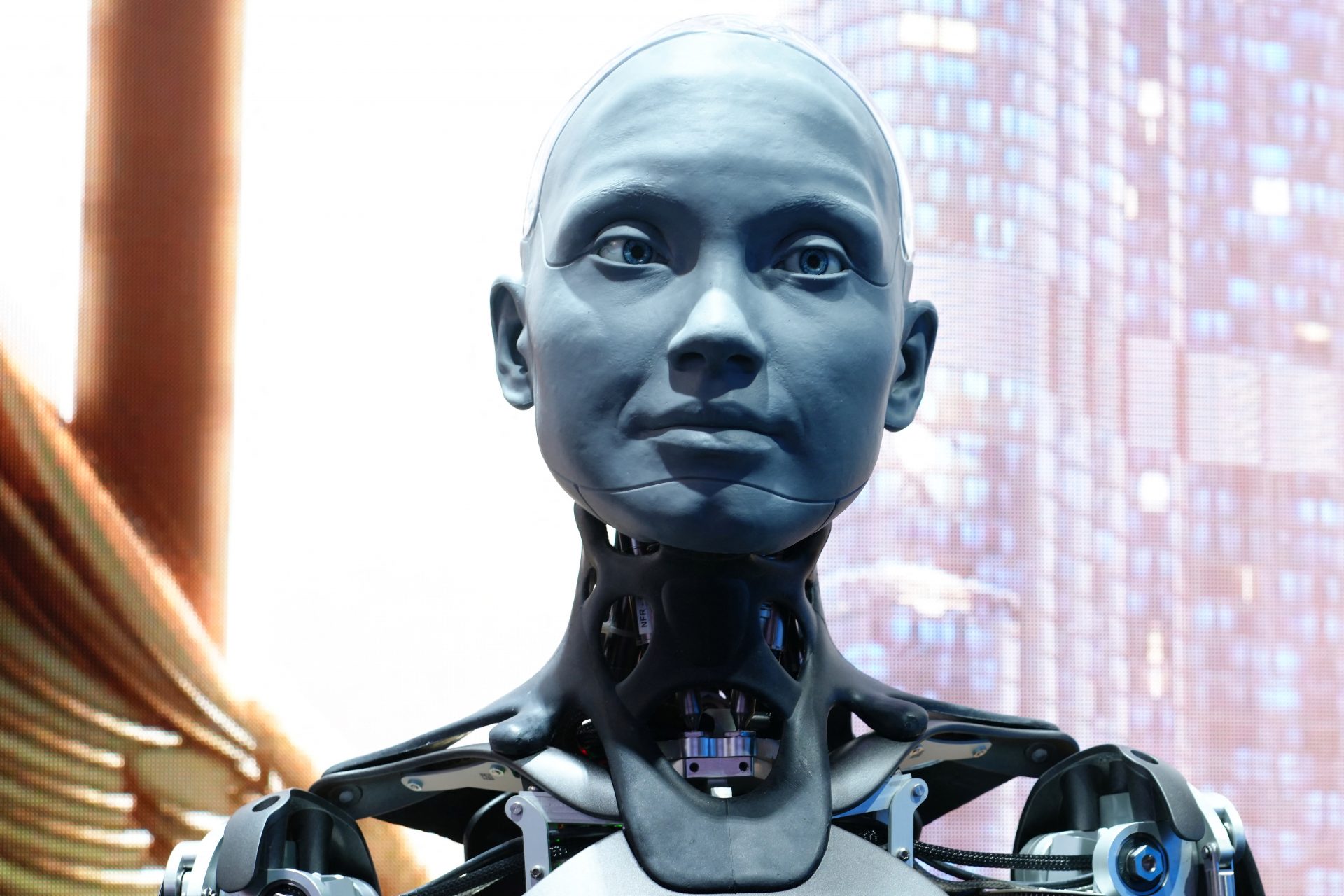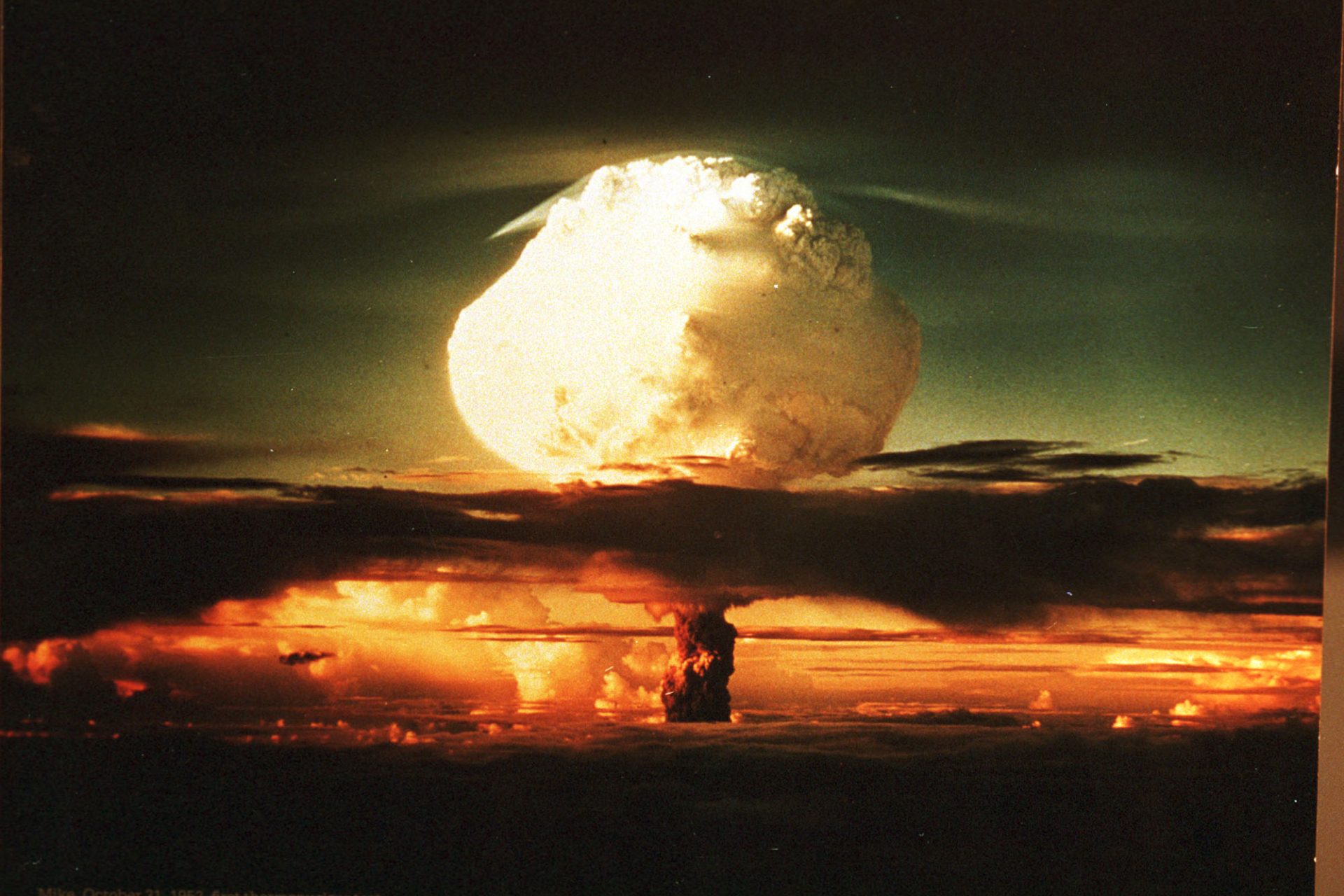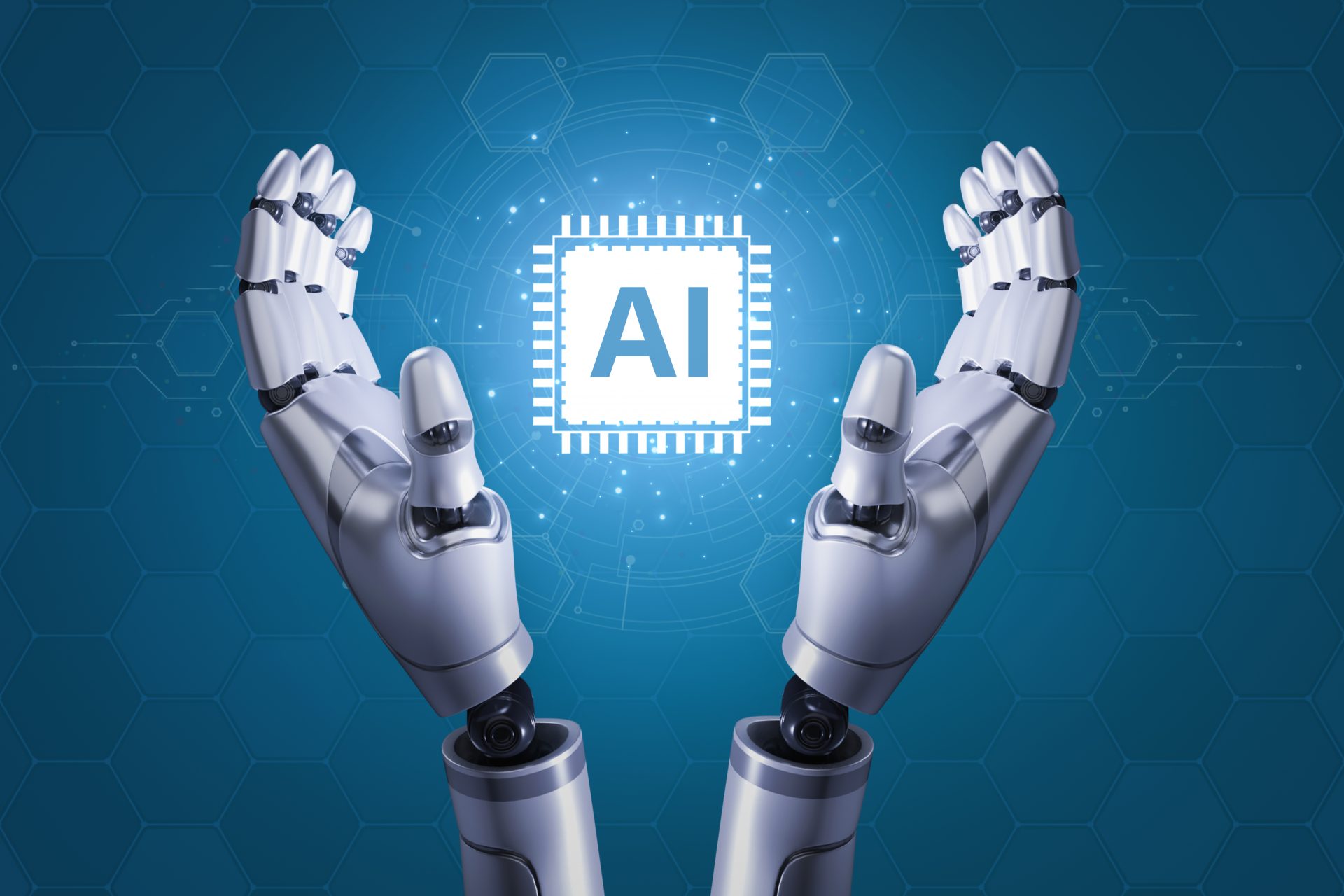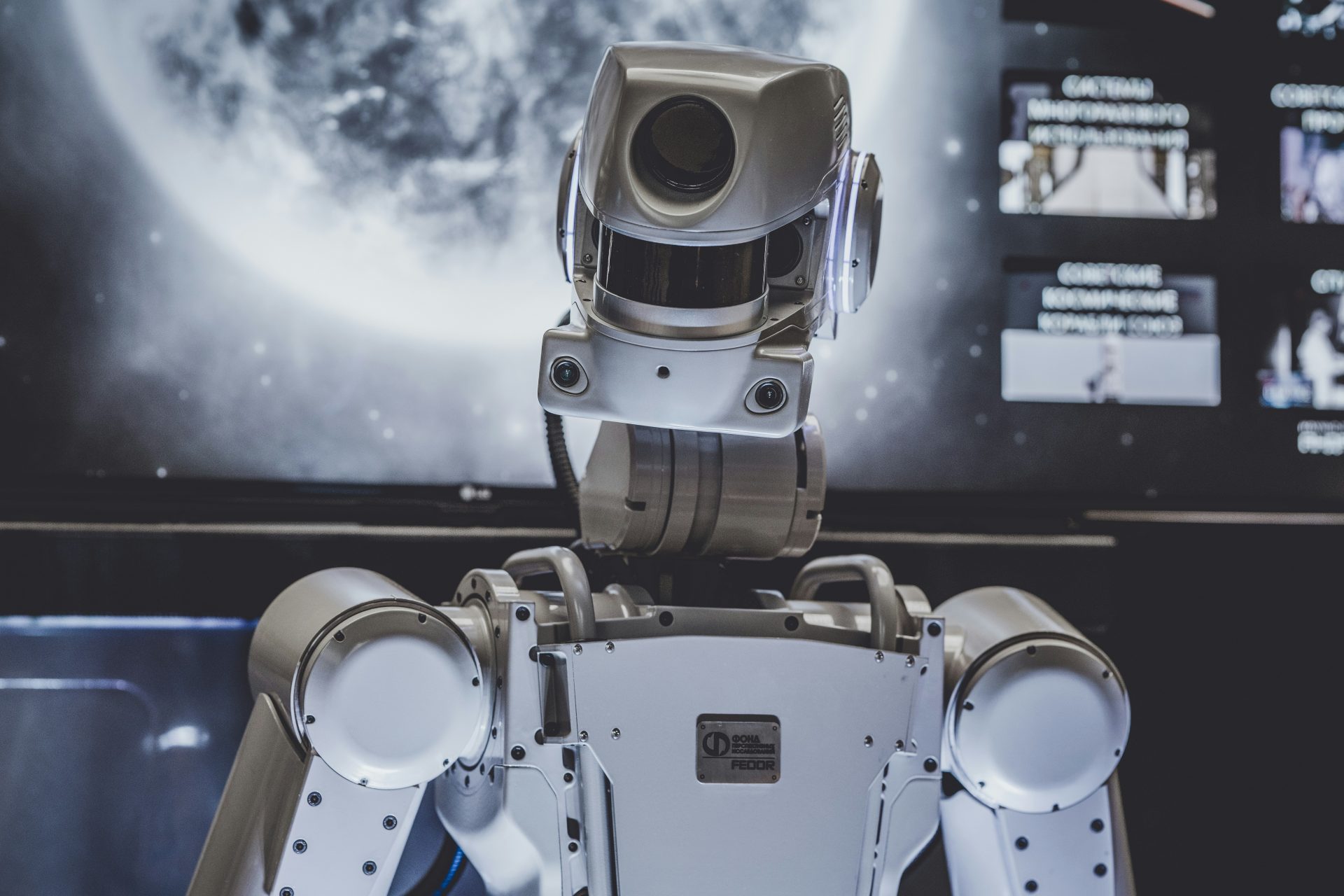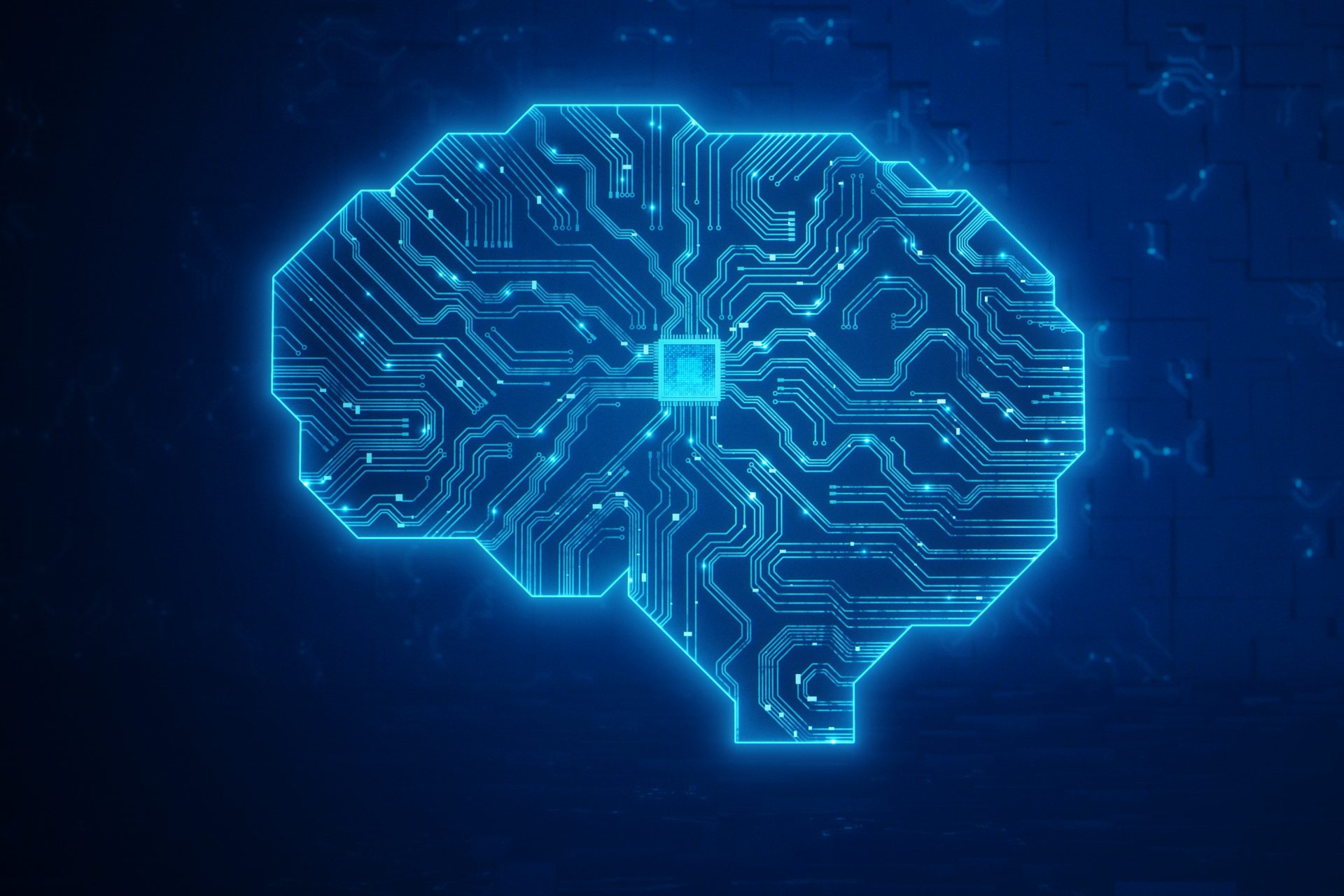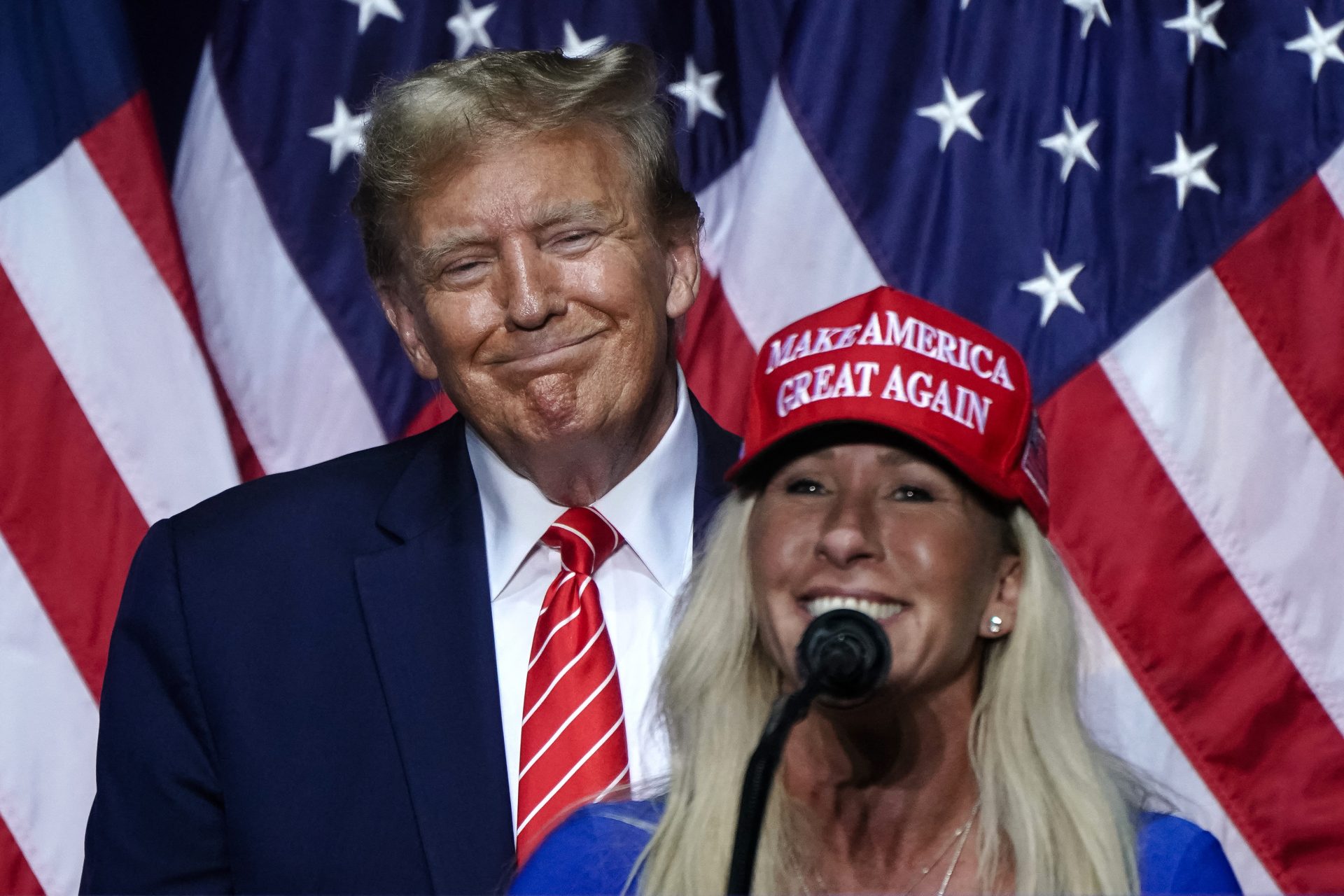Is Artificial Intelligence an ‘extinction-level’ threat to humanity?
Artificial Intelligence or AI, like no other two letters, embody so much about the possibilities and anxieties of the incoming future. However, while some enjoy the pioneering spirit of the latest developments, others are concerned we are moving too fast.
CNN writes that a new report commissioned by the US State Department draws a troubling image of what Artificial Intelligence could mean for humanity.
The report, released by Gladstone AI, claims that the most advanced Artificial Intelligence systems could “pose a direct extinction-level threat to the human species”.
“Current frontier AI development poses urgent and growing risks to national security”, argues the report, as quoted by TIME magazine. “The rise of advanced AI has the potential to destabilize global security in ways reminiscent of the introduction of nuclear weapons”.
Gladstone AI highlights on its official website that the report is the first-ever assessment of proliferation and security risks from weaponized and maligned AI.
“AI is already an economically transformative technology. It could allow us to cure diseases, make scientific discoveries, and overcome challenges we once thought were insurmountable,” Jeremie Harris, CEO, and co-founder of Gladstone AI, told CNN.
“But AI could also bring serious risks, including catastrophic risks, that we need to be aware of,” the Gladstone AI CEO added. “And a growing body of evidence suggests that above a certain threshold of capability, AIs could potentially become uncontrollable.”
CNN remarks that the US government stresses that the Gladstone AI report does not represent the views and opinions of Washington, DC.
TIME magazine writes that, according to the report’s three authors, many AI workers are concerned that the decisions made by top executives of their companies are more driven by profit, competition, or other “perverse incentives”.
The final report, CNN explains, comes after over 200 interviews over a year with top executives of AI companies, cybersecurity researchers, experts on weapons of mass destruction, and US government national security officials, among others.
Some employees interviewed work for important tech company projects such as Google DeepMind, Meta, OpenAI, and Anthropic.
However, not everything is lost. Gladstone AI has also developed the first-of-its-kind, government-wide Action Plan to address the potential, life-threatening risk that Artificial Intelligence could create.
Image: tetrakiss / Unsplash
Titled “An Action Plan to Increase the Safety and Security of Advanced AI”, TIME magazine describes the finished document as a set of broad and unprecedented policies that, if approved, could radically affect the Artificial Intelligence industry.
Among other things, the report recommends the creation of a new federal agency solely focusing on the regulation of Artificial Intelligence.
According to The Daily Mail, the US State Department-commissioned report joins the chorus of voices from industry, government, and academia calling for more aggressive regulatory measures on Artificial Intelligence.
For instance, in July 2023 UNESCO expressed concern on unrestrained future technology such as Artificial Intelligence or Elon Musk’s Neuralink disrupting our mental privacy.
Although, indeed, we cannot stop time, maybe there’s a way that it can be harnessed before it’s too late and there's no way to turn down the dial.
More for you
Top Stories



